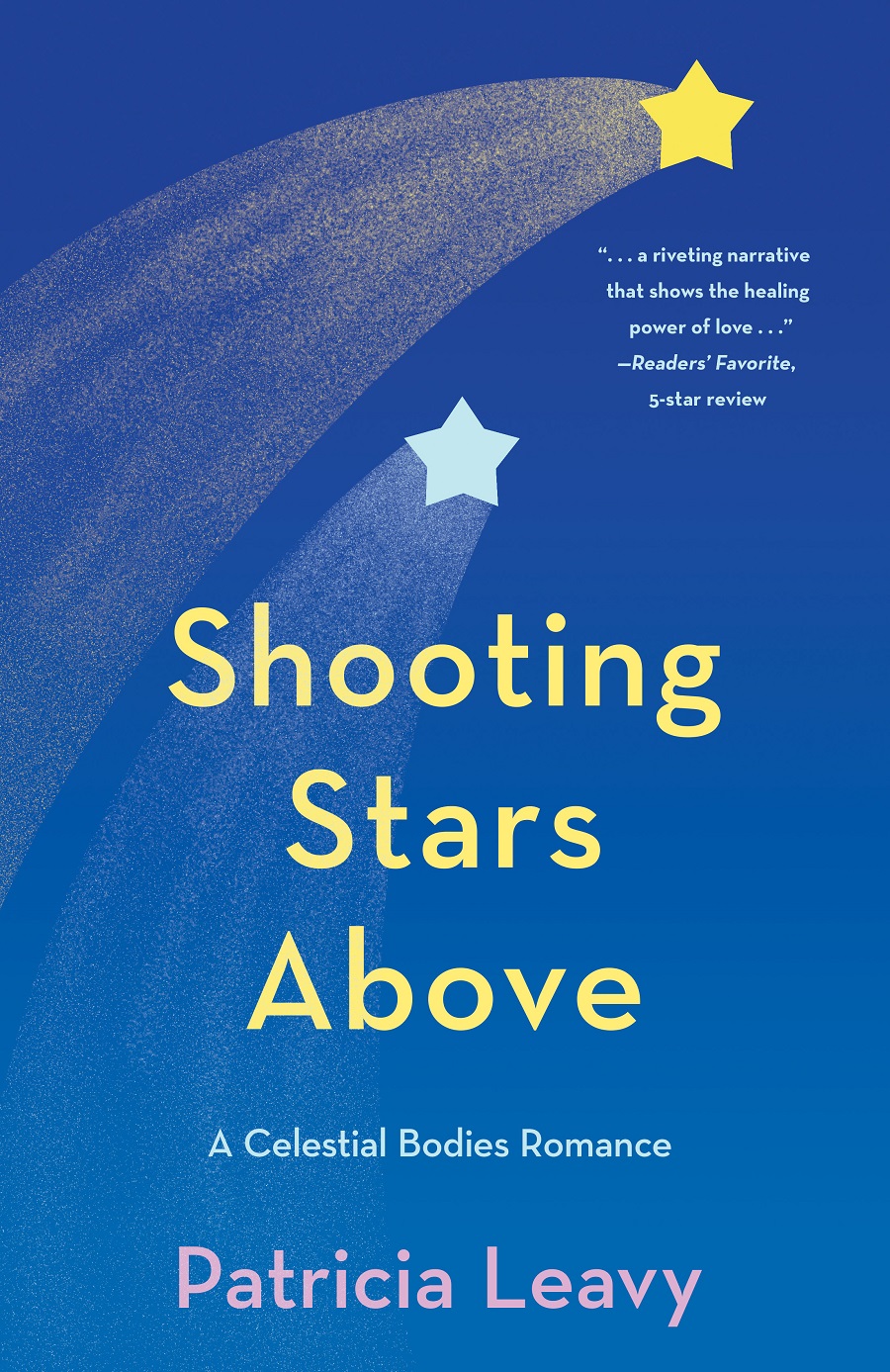Long and Short Reviews welcomes Michael Parker who is celebrating the upcoming release of Prairie Fever.
Michael Parker’s novels have been praised for their “emotional complexity and subtlety” (New York Times) and for being “impossible to put down” (NPR.org). Now, in his seventh novel, PRAIRIE FEVER, Parker introduces readers to Lorena and Elise Stewart, sisters who are different in every possible way, as they make their way through life on the prairie of Oklahoma in the early 1900s. Dominic Smith, author of The Last Painting of Sara de Vos, says, “Michael Parker has captured a time, place, and sisterhood so perfectly it hurts to turn the last page.”
Each morning, Lorena and Elise and ride together to school on the family horse, reciting articles from their small town newspaper along the way. Elise imagines a world of adventure, while Lorena, logical and pragmatic, charts her path towards higher education to become a school teacher. When Elise ends up trapped in a blizzard, the newly arrived schoolteacher, Gus McQueen, helps Lorena find and rescue her sister. But as the sisters both immediately fall for the schoolteacher, the balance of their bond is forever changed, and the choices that follow will haunt their relationship for years.
Although set in the early 1900s, the story of the Stewart sisters is timeless. Parker describes Prairie Fever as “about the sacrifices and settlements we make with ourselves and others as we attempt to navigate romantic and familial relationships. And . . . on some level it’s about the discrepancy between our private and public selves, and the ragged attempts we make—daily, hourly—to reconcile the two.”
As Tom Drury says, “The most beautiful novel I have read in quite some time. The language is that graceful and original, the events and characters (horses included) that spellbinding and funny and moving; and always the melancholy beauty and mysterious power of the open prairie shine through.” Already praised by reviewers as a “chimerical slipstream” (Booklist) and “exceptional” (Publishers Weekly), Parker’s latest is a moving, funny, and often surprising novel.
Enjoy an Excerpt
“Something is in his belfry,” said Anton.
“Well, I should hope so,” said Elise. “I would think they made sure of that before they hired him.”
She learned from the Bulgarian brothers that none of the boys at school cared for Mr. McQueen. But none could say why. If only they had said why.
That night, as always, she whispered to her sister in the dark. They had always slept in the same room with their brothers, and she and Lorena had shared a bed. After her brothers died, they got separate cots. Her mother insisted upon it. Elise was aware that her brothers had died of prairie fever so that she could whisper across the narrow space between the cots to her sister in the night. Their room was in the attic and mostly slanting, shadowy eave. They were so close that her sister heard her whispering and said, What? But it was so cold up there, with only thin board and shingle separating them from icy, snow-belching clouds, that her words froze sometimes before they bridged the gap. Having turned to ice, her sentence shattered into letters, and each letter tinkled like chimes onto the floorboard.
“It has come to my attention that the boy half of the schoolhouse is not enamored of Mr. McQueen,” said Elise.
“Which of your Bulgarians told you so?”
“Damyan,” she said and then added, “also Anton.”
“What else did they tell you?”
“That when they first came to Lone Wolf they burned cow pies to stay warm.”
“I am not, as you know, enamored of your Bulgarians, but you may have noticed that we burn coal? That is because there are so few trees in this place.”
“Father might get the idea to plant some.” “You will need to plant the idea in his head.”
It was a curious phrase, “plant an idea.” It suggested that ideas grew in the manner of, say, cotton. Her father’s ideas did not seem to reach maturity before he harvested them.
“You are making fun of me,” said Elise.
“I am making fun of Father,” said Lorena. “Do you care much for Mr. McQueen?”
Lorena was silent for some seconds. Elise could hear the wind of her thoughts.
“I feel that, like all of us, he has his limitations.”
“Which are?”“The point of life is to know your limitations,” said Lorena.
Elise thought about this. Her first thought was that Lorena’s recent tendency to state the point of life was irritating. Her second and subsequent thoughts concerned her own limitations. She was not attentive to the world around her if and when the world around her turned to dirty dishwater that her mother asked her to dump in the side yard. If the world sent her on an errand and the errand was as dull as dishwater, she came hard up against her limitations.
My own limitations, A list. By Elise Stewart.
1. My mind, I never feel it and it is like a fly not satisfied with any surface upon which it lights, and abuzz always.
2. Mother-of-pearl will never be to me what they say it is, which is a lie.
3. I would marry a Bulgarian, why not if I took a notion, and I would not care if the marriage qualified as “well” on Lorena’s grand scale.
But she realized that her limitations were many and it would be daylight if she kept up the list. She attempted to sleep, but she shivered. Lorena felt her shivering and came and got into the cot with her. They were pinned inside, the blanket blocking out the wind and snow. She relaxed into her sister’s back. Sandy’s hooves in the surf. Now she could whisper. Her words would not ice up and break into chiming letters crashing against each other and then to the floor.
“I don’t think I put much stock in pride,” said Elise. “Well, that is certainly a limitation.”
“When people speak of it, it seems they mean very different things.”
“The same could be said for the word ‘Sandy,”‘ Lorena said. “Sandy is a name, not a word.”
“My point has been proven. Rather perfectly, by you.”
Sometimes Lorena was a bully. Elise stayed awake as her sister slept like Charlie Carter, across three states. She stayed awake to mourn the loss of her own Beulah girl, only she did not know what her own Beulah girl was. Just that she had one.
On those frigid nights when they slept crammed into a single saggy cot, Lorena’s bossy sleep-breath attempted to corral her. It tried to plant ideas in her mind.
What if, Elise wondered in the night, she passed her sister on the street one day and her sister did not even see her?
“You’ve not said why it is that the boys dislike Mr. McQueen.”
“Why don’t you ask them?” said Lorena, which is what she always said when Elise asked a question she could only ask Lorena about someone else.
The next morning the pump was frozen. Where was Father to start the fire in the stove? Her mother had to do it. Her mother often moved around the house with one arm crooked as if she were carrying her baby boy. Almost every woman in Lone Wolf, Oklahoma, and likely also Axtell, Kansas, had lost a child, but her mother seemed to take it the hardest. Elise wondered if she did not have a touch of prairie fever herself. Would this not explain why she always told Elise to leave for home when the sun began to slip behind the trees?
Michael Parker’s work has appeared in the Washington Post, the New York Times Magazine, the Oxford American, Runner’s World, Men’s Journal, and elsewhere. His short stories have been anthologized in The O. Henry Prize Stories and The Pushcart Prize. He is the Nicholas and Nancy Vacc Distinguished Professor in the MFA Writing Program at the University of North Carolina at Greensboro, and divides his time between Saxapahaw, North Carolina, and Austin, Texas.
Website | Facebook You can pre-order the book at IndieBound, Barnes and Noble, or Amazon.

















Speak Your Mind